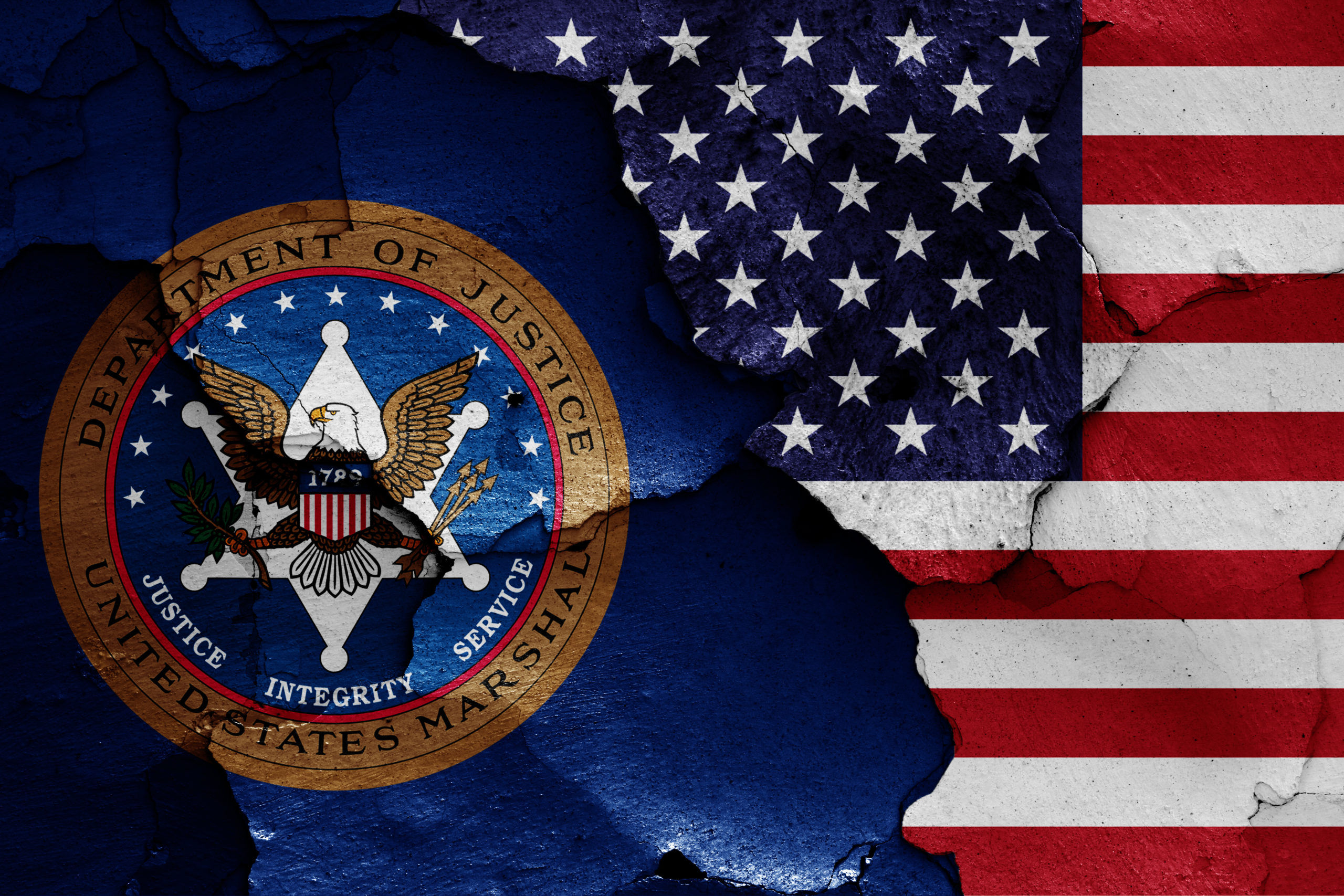Reopen the Obstruction of Justice Case Against Trump
October 14, 2021 | Mark Medish and Jonathan M. Winer | Just Security
A key item in Attorney General Merrick Garland’s inbox is gathering dust: Volume 2 of the report by Special Counsel Robert Mueller, whose team investigated possible obstruction of justice by Donald Trump as president. Mueller originally submitted the report in March 2019 to Trump’s Attorney General William Barr, who chose to do nothing (or worse than nothing). …
The Mueller report made clear that its obstruction of justice inquiry focused on President Trump’s conduct toward law enforcement officials overseeing investigations into the Trump-Russia allegations. The report provided the blueprint for a potential indictment for obstruction. Indeed, one of Mueller’s top prosecutors, Andrew Weissmann, has revealed that he advised Mueller to state in the report itself that Trump committed obstruction of justice. He also wrote in the New York Times back in November:
We amassed ample evidence to support a charge that Mr. Trump obstructed justice. That view is widely shared. Shortly after our report was issued, hundreds of former prosecutors concluded that the evidence supported such a charge.
Indeed, it was over 1,000 former prosecutors who reached the conclusion that “the conduct of President Trump described in Special Counsel Robert Mueller’s report would, in the case of any other person not covered by the Office of Legal Counsel policy against indicting a sitting President, result in multiple felony charges for obstruction of justice.” …


